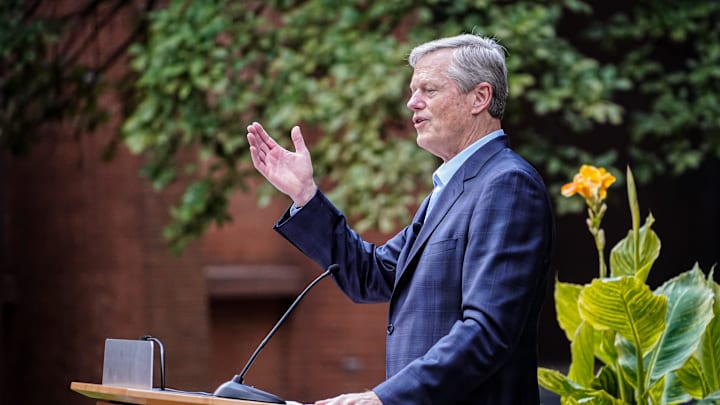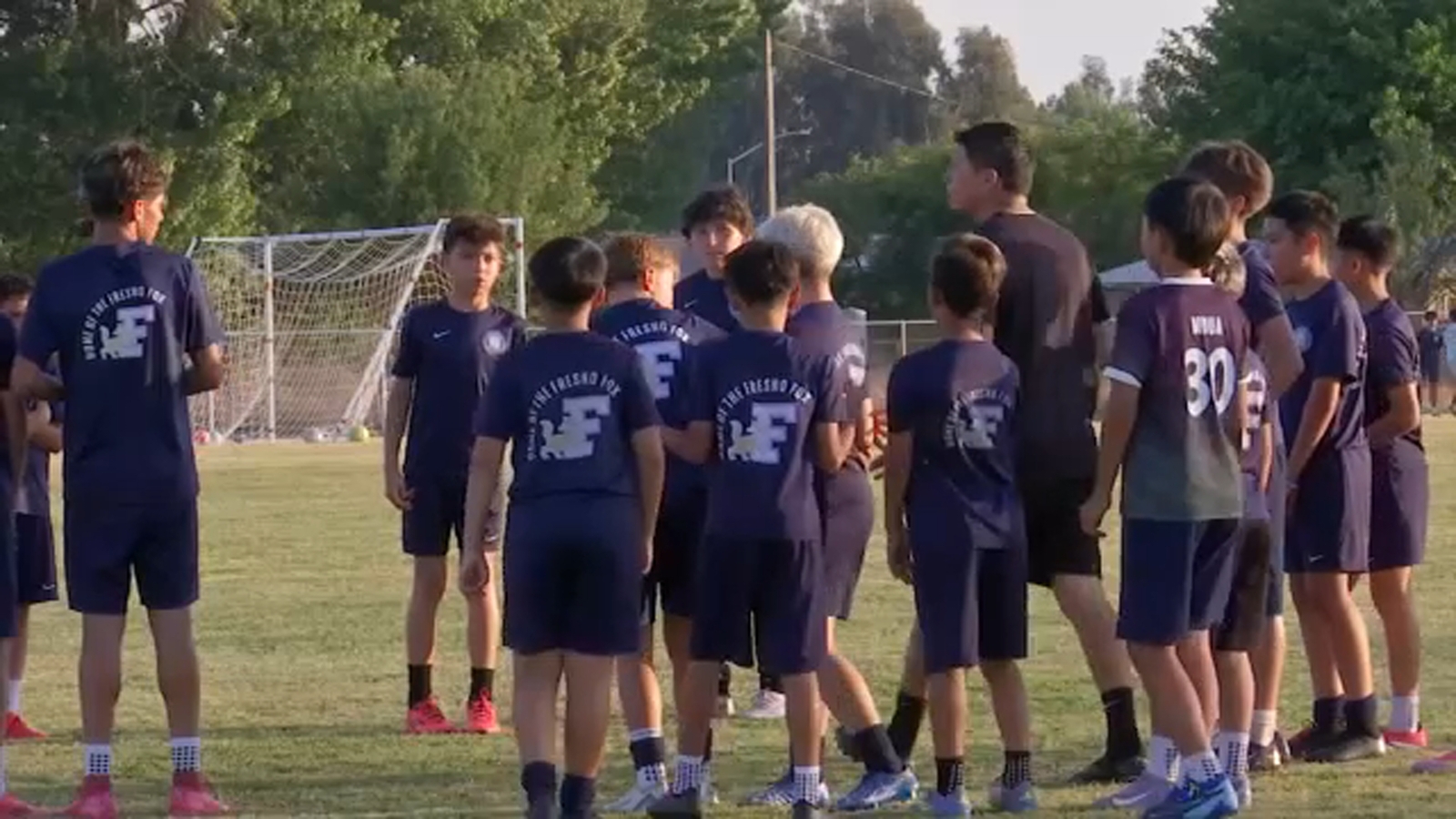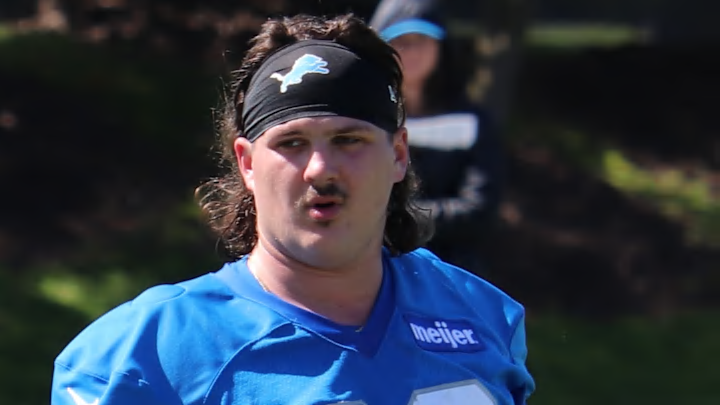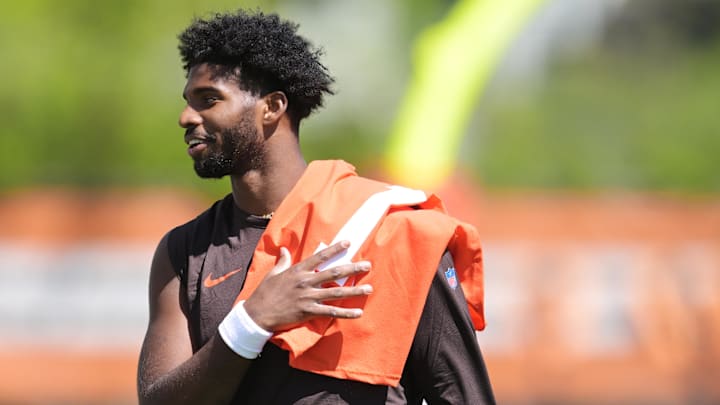A federal judge has issued the most serious warning yet to the NCAA and its co-defendants in the House v. NCAA settlement: fix the roster limits, or the deal is off . In an order filed on Wednesday, U.
S. District Judge Claudia Wilken stated that she will deny final approval of the $2.8 billion antitrust settlement unless the parties amend the agreement to protect current athletes from harm caused by the immediate enforcement of roster limits.

Specifically, Wilken is demanding a solution, such as phasing in the caps or grandfathering existing players, that prevents athletes from losing roster spots due to the structural changes proposed under the deal. This follows a supplemental brief submitted by attorneys for both sides earlier this month. Despite clear indications during the April 7 fairness hearing that Wilken was concerned about the abrupt enforcement of the limits, the revised language in the filing failed to address her concerns.
“The Court finds that the decision by Defendants and NCAA member schools to begin implementing the roster limits before the Court granted final approval of the settlement agreement is not a valid reason for approval of the agreement in its current form,” Wilken wrote . “Any disruption that may occur is a problem of Defendants’ and NCAA members schools’ own making.” Wilken’s position strikes at a central flaw in the NCAA’s proposed transformation of college sports.
While the settlement aims to establish a new financial system, including revenue sharing and NIL oversight, it does so at an immediate cost to participation. Thousands of athletes, particularly walk-ons and participants in non-revenue sports, could be displaced under the proposed caps before a single check is written. The court’s position is straightforward: systemic reform cannot come at the expense of the very athletes the settlement claims to support.
The NCAA and its co-defendants now have 14 days to work with mediator Eric Green to resolve the issue. If they fail to propose a meaningful solution, the most ambitious college sports settlement in history may be rejected entirely. For a deal centered on fairness and progress, its approval now hinges on the NCAA’s willingness to ensure that current athletes are not forced to bear the cost of its implementation.
Recommended Articles.
















